
Director of Photography
Maria, a Ukrainian doctor, comes to Portugal to spend a year with Greco, her husband who is also a doctor. Upon arrival at Faro airport she is the only person from Kiev approached by agents of Immigration and Customs that lead her to a room of interrogation, without any explanations. All this occurs because the authorities suspect that something illegal should be behind her trip, since she is from Eastern Europe and her husband is Senegalese.

Self
Through conversations held with fifty four of the most distinguished cinematographers working in Brazil and abroad over the last forty years, the documentary explores the working environment, the new tools and the different styles of the professional who controls the light and the shades behind the camera.
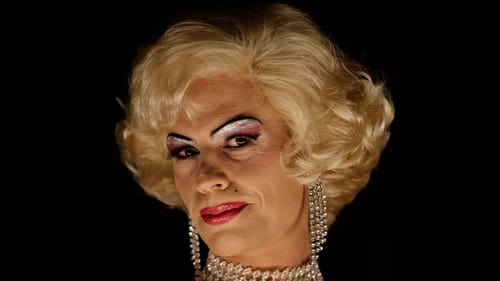
Director of Photography
Ricardo is a transvestite. After a failed attempt of suicide, he has to come back to his roots and to relearn how to live with the inspiring help of his sister and, mostly, of his nephew Vasco, who has Down syndrome.

Self
Documentary about the great Brazilian photographers who helped develop Brazilian cinema and their opinions on their work, making movies in Brazil and in general, and other subjects. As a bonus, they all agreed to shoot the same scene following their individual concepts, and the result is shown for comparison.

Director of Photography
A star medical examiner is called to Brasília, the administrative capital of Brazil, to confirm the identity of a beautiful, young congressional aide's dead body. But his scientific rigor soon leads him to details of a multi-layered political scandal.
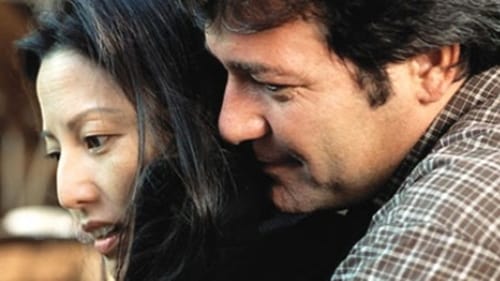
Director of Photography
In 1908, Titoe leaves her country, Japan, to try her luck in Brazil. Her intention is just to get rich and return in five years. But life has other plans for her.

Director of Photography
Sofia goes to her cousin Matheus's house to take care of his two children, Júlia and Lucas, while he goes to a party. She finds a magical book, which transports them to the Magic Forest, where they meet fairytale characters such as Pinocchio and Little Red Riding Hood. But their presence starts interfering with the original stories, and so Matheus tries to bring them back to the real world.

Director of Photography
Mariana is a 17 year old girl, who, after being rapped by drug addict, finds out she's pregnant and, in her path, discovers how difficult it can be entering adulthood.
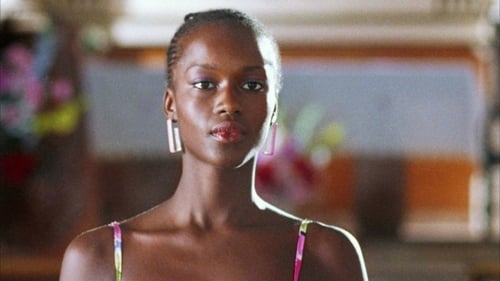
Director of Photography
Vita, a young and beautiful African woman learns that finding love and happiness need not come at the sacrifice of one's identity.

Director of Photography
In 1980, a small plane carrying the Prime Minister, the Defense Minister and six others crashed during takeoff in Camarate, Portugal, killing all on board. The police investigation decided it was an accident caused by pilot error. But controversy raged for twenty years, and the Parliament investigated it no less than six times. Finally, in 2000, in response to a suit by the families of the survivors, the High Court had to decide whether to open a criminal investigation, or close the case forever.
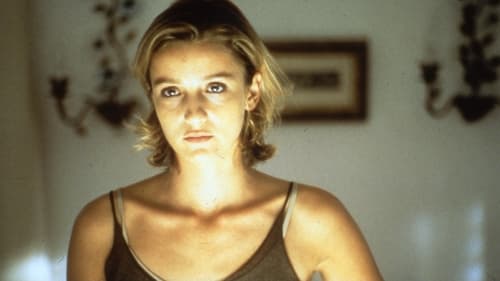
Director of Photography
The story of a family of bull fighters.

Director of Photography
A woman takes her young son, leaves her husband and moves in with her lover. The boy, desperate to get his parents back together, becomes convinced that if only he can get his father's stolen motorcycle back everything will be fine again, so he sets out to get enough money to buy his father a new one.

Director of Photography
The film presents us with a reflection on the Spanish Civil War in the Portuguese society, At a time when Salazar ruled.
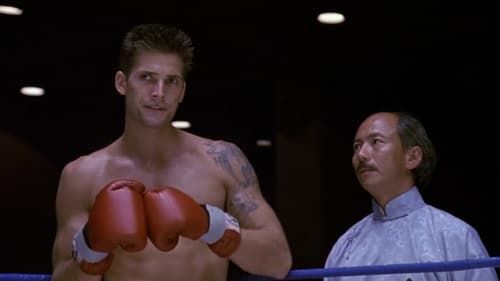
Director of Photography
자선 경기 참석차 리오로 가던 킥복싱 선수 데이빗 슬로안(David Sloan: 사샤 미첼 분)과 그의 트레이너이자 정신적 스승인 지안(Xian: 데니스 찬 분)은 고아 마르코스(Marcos: 노아 베르두주코 분)와 이자벨라(Isabella: 알레테아 미란다 분)와 친구가 된다. 경기는 잘 진행되지만 아르헨티나 선수 에릭 마틴(Martine: 이안 잭클린 분)은 데이빗의 정신을 교란시키려고 반칙을 하며 소란을 피운다. 시합 후 마틴의 메니저 레인(Lane: 리차드 코마 분)은 데이빗을 파티에 초대한다. 소녀들을 팔아 매음굴을 운영하는 레인은 이자벨라를 보자 납치한다. 마르코스는 데이빗에게 도움을 청하고 경찰에 가지만 경찰은 무관심하다. 수없이 많은 소녀들이 납치되고 있기 때문이다. 이자벨라를 찾는 과정에서 싸움이 생기고, 데이빗과 지안은 감옥에 갇힌다. 레인은 돈을 써서 두 사람을 풀어준다. 그리고는 제안을 한다. 시합에 지면 돈을 주겠다는 것이다. 이를 거절한 데이빗은 이자벨라를 찾아 거물급 브랑코에게 간다. 브랑코의 집에 진입하려고 싸움을 하지만 오페라에 가고 없었다. 브랑코 부부를 위협해서 이자벨라를 납치한 것이 레인임을 알게된다. 데이빗은 레인을 찾아가지만 이미 정보를 듣고 데이빗은 함정에 빠진다. 레인은 데이빗에게 훈련을 시켜서 힘을 빼 시합에 지도록 하려는 것이다. 시합은 다가오고 데이빗은 녹초가 되어 싸울 수가 없다. 지안이 약초로 치료해 주어 데이빗의 힘은 되살아난다. 잠시의 고전뒤 데이빗은 마틴을 때려 눕힌다. 빈털털이가 된 레인은 마지막으로 이자벨을 데리고 도망가려 한다. 그러나 데이빗은 그녀를 구해내고 레인에게 상금을 주기로 한다. 후에 레인의 집에 가서 다른 소녀들을 구해내지만 레인의 총부리에 마주서게 된다. 하지만 레인은 자기의 부하에게 당하고 데이빗은 상금을 소녀들과 마르코스 이자벨라 남매에게 주고는 미국으로 돌아간다.

Director of Photography
Exiled in Acapulco, the bon vivant Dino cheats a rich widow into financing his coming back to Brazil. To avoid getting caught, he hides in a coffin. His fake burial is celebrated in high style and it doesn't take long before he starts getting himself into weird situations.
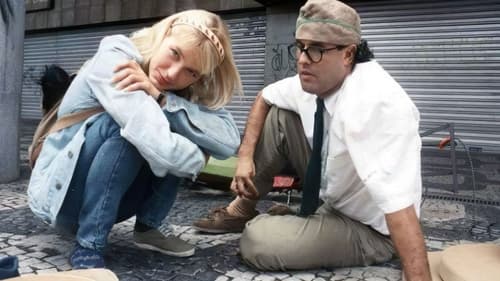
Director of Photography
The fairy tale story of Maria da Graça, a small town girl with big time dreams of becoming a singer, who moves to Rio de Janeiro to pursue her ambitions.

Cinematography
Orestes, a rich factory owner, falls for the beautiful Fulvia. They communicate using pigeons, to avoid being discovered by her husband.

Director of Photography

Director of Photography
This epic Brazilian film was based on the equally epic novel by Antonio Callado. Set between 1954 and 1964, the film's focus is the saga of Jesuit priest Nando. Fed up with civilization, he ventures deep into Amazon country to live with and work among the Xingu Indians.

Director of Photography
In this highly stylized Brazilian drama a sax player fondly remembers one wonderful night spent with his life's love and decides to find her again. He embarks upon a quest through the wild streets of Rio to find her. Along the way he meets an assortment of odd urban underworld characters.

Director of Photography
High Court judge returns to the small town where he was born, bringing along his beautiful and young wife. The local men get aroused and start looking for young lovers at the local bordello. Their wives even make promises and novenas asking the disappearance of the new couple. One day, the judge dies, leaving his wife unsatisfied. The corpse, as if wanting revenge, keeps an erection on.
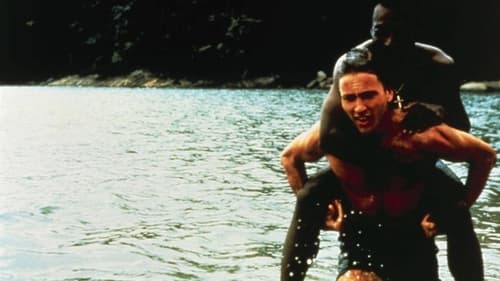
Director of Photography
The story of an American soccer player trying to make it big who turns to Pele, the greatest soccer player of all time, for guidance.

Director of Photography
The dictator of a small Caribbean island receives the New York Times daily, sent by a nephew. Through the newspaper, he gets in touch with the world. Guerrilla groups try to neutralize this information system.
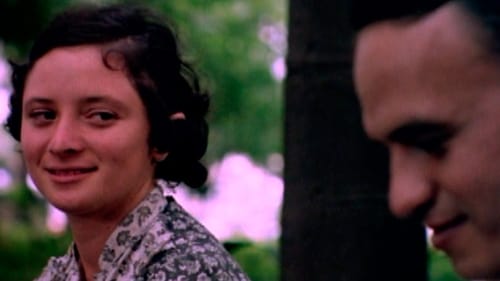
Director of Photography
Macabéa has just moved to the big city after her aunt, who raised her, died. She gets a job as a typist and moves into a boarding house with three other women. In her spare time, she listens to a radio station called Time; on Sundays, she likes to ride the metro. Then she meets Olímpico, a northeasterner like herself, who has dreams of becoming a congressman.

Cinematography
Eduardo Coutinho was filming a movie with the same name in the Northeast of Brazil, in 1964, when there came the military coup. He had to interrupt the project, and came back to it in 1981, looking for the same places and people, showing what had ocurred since then, and trying to gather a family whose patriarch, a political leader fighting for rights of country people, had been murdered.

Camera Operator
Eduardo Coutinho was filming a movie with the same name in the Northeast of Brazil, in 1964, when there came the military coup. He had to interrupt the project, and came back to it in 1981, looking for the same places and people, showing what had ocurred since then, and trying to gather a family whose patriarch, a political leader fighting for rights of country people, had been murdered.

Camera Operator
The story of João "Jango" Goulart, the Brazilian left-wing president deposed by the military.
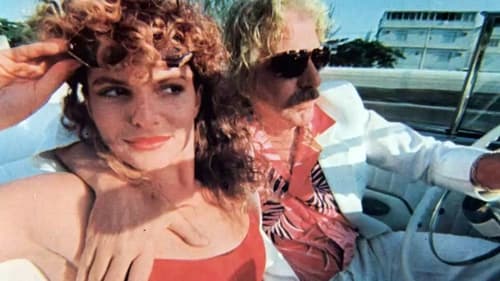
Director of Photography
A small town girl, who's an aspiring singer, tries to make a living out of music in the big city of Rio de Janeiro.

Director of Photography
Account an important part of the history of Brazil, through its main character, Anayde Beiriz a poet, journalist and revolutionary and libertarian teacher of the early twentieth century, known for its sexual liberalism, which shocked the pre-Revolution in the state of Paraíba during 1930. His love for João Dantas eventually forge João Pessoa's death, at that time, governor of of Paraíba. These events served as a trigger for the a revolution.
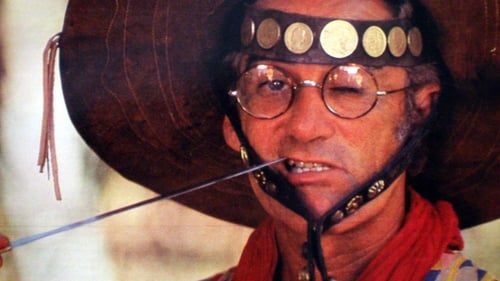
Director of Photography
Severino do Quixadá (Renato Aragão), a humble northeastern shepherd of goats, rescues Captain Virgulano or simply Captain (Nelson Xavier) and his band of cangaceiros of an ambush armed by the lieutenant Zé Bezerra (Jose Dumont), its eternal persecutor. Captain escapes taking with him the mysterious box that he removed from the interior of the assaulted train in the city of Cajarana. Seeking to escape the shooting, Severino ends up finding himself in the cangaceiros' camp, along with the mishap friends Mussum and Zacarias who, taking advantage of the confusion, fled the chain.
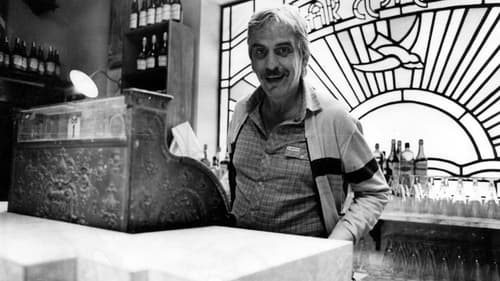
Director of Photography
A group of eccentric people gather at a popular bar in Ipanema, Rio de Janeiro. Among its costumers, we find Ana, an actress, and her husband Zeca, a writer in crisis about his work.
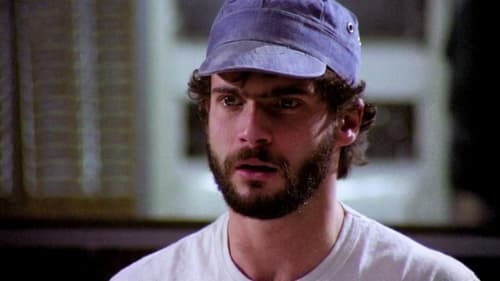
Director of Photography
The routine of a group of brazilian teenagers living in Brasília, Brazil's capital. Their aspirations, dreams and illusions presented in a context of a country that was on the final years of a dictatorship back in the 1980s.
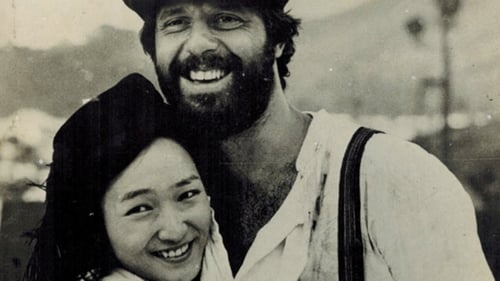
Director of Photography
Based on fact, this is the story of the struggles of Japanese immigrants who traveled to and settled in Brazil looking for a better life.
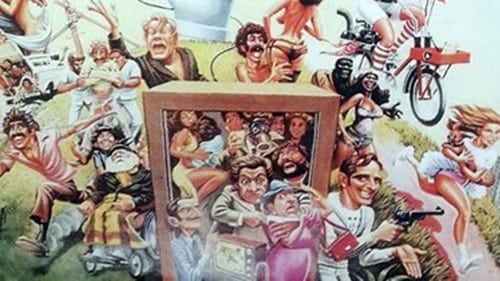
Director of Photography
Paulo Otávio is the host of a pirate radio station on the slums of Rio de Janeiro. He struggles to mantain the station working, since the only help he's got comes from news reporter Calói. Their story goes beyond as the city starts to face a crime wave.

Director of Photography

Director of Photography
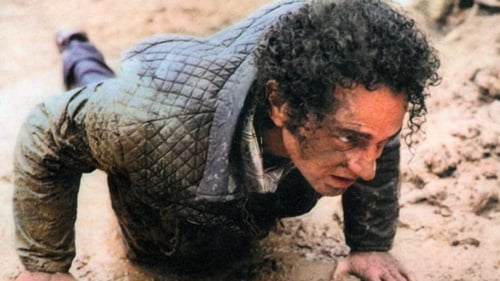
Director of Photography
An accident at a construction site, resulting in one death, sets one worker off on a struggle for justice that exposes the mechanisms of exploitation and the class relations of a country that had undergone one decade of fast-paced ‘conservative modernisation’ at the hands of the military. As a sort of sequel to the classic The Guns (1964), following the fate of those characters as they move from enforcers of exploitation to exploited, it offers more than a snapshot of the period: the correspondent time lapses in fiction and reality capture the passage of a chunk of Brazilian history between the two films, and, therefore, also the transformations in cinematographic approaches to the social and political between the two moments. Equally daring in content and form, and in the originality of the adequacy of one to the other, it won the Silver Bear at Berlin.
































